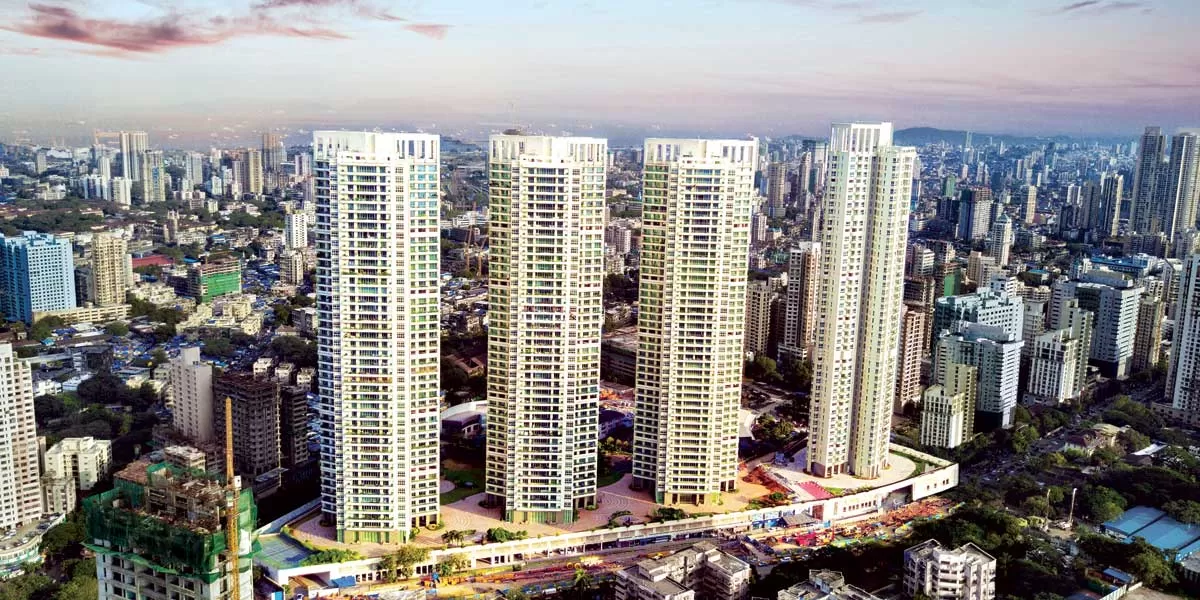India's housing market is experiencing a significant surge in demand, driven by urbanization, economic growth, and government initiatives to boost affordable housing. However, this boom has created a critical challenge for real estate developers: the scarcity of quality contractors. The shortage of skilled labor and reliable contractors is becoming a major bottleneck in the timely and cost-effective completion of housing projects across the country.
As the demand for housing escalates, developers are finding it increasingly difficult to secure contractors who can deliver projects to the required standards of quality and within the stipulated timelines. This shortage is particularly pronounced in metropolitan areas where the construction activity is most concentrated. The situation is leading to project delays, cost overruns, and in some cases, compromises on the quality of construction, which can have long-term implications for both developers and homebuyers.
The shortage of skilled contractors is a multifaceted issue. On one hand, the construction industry has been facing a gradual decline in the availability of skilled labor. Many workers have migrated to other sectors that offer better wages and working conditions, leaving a gap in the workforce. On the other hand, the rapid pace of urban development has outpaced the capacity of existing contractors, many of whom are now overburdened with multiple projects.
This contractor scarcity is also influencing the dynamics of the real estate market. Developers are increasingly being forced to negotiate higher fees and offer better terms to attract and retain quality contractors. This, in turn, is driving up construction costs, which may ultimately be passed on to homebuyers in the form of higher prices. Additionally, the risk of delays and quality issues is prompting some developers to scale back their project pipelines, focusing on fewer, more manageable developments.
The impact of this shortage extends beyond the immediate concerns of cost and quality. The inability to meet construction deadlines is affecting the overall supply of housing, exacerbating the gap between demand and supply in the market. This is particularly concerning in a country like India, where affordable housing is a critical need. The delays in project completion are making it harder for buyers to find suitable housing options, and those who have already invested in under-construction properties are facing extended wait times before they can take possession of their homes.
To address this challenge, industry stakeholders are exploring various strategies. Some developers are investing in training and upskilling programs to build a more reliable and skilled workforce. Others are adopting advanced construction technologies and methodologies, such as prefabrication and modular construction, to reduce dependency on traditional labor-intensive practices. Additionally, there is a growing emphasis on improving project management practices to better coordinate and streamline the construction process.
Government intervention is also being sought to alleviate the pressure on the construction sector. Policies that incentivize labor participation, support contractor training programs, and promote the adoption of modern construction techniques could play a crucial role in mitigating the current challenges. Moreover, collaboration between public and private sectors could help in developing a more sustainable and scalable solution to the skilled labor shortage.
Despite these efforts, the road ahead remains challenging for developers. The ongoing housing boom, while a positive indicator of economic growth, is placing unprecedented strain on the construction ecosystem. If not addressed promptly, the shortage of quality contractors could undermine the long-term sustainability of the housing market and delay the realization of the government's ambitious housing targets.
In conclusion, the struggle to find quality contractors amid the housing boom is a significant issue that requires immediate attention from all stakeholders in the real estate sector. By addressing the root causes of the skilled labor shortage and adopting innovative construction practices, developers can better navigate this challenging landscape and continue to meet the growing demand for housing in India.




















